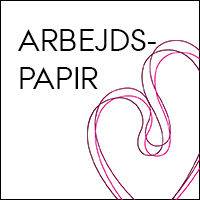The Nurture of Nature and the Nature of Nurture: How Genes and Investments Interact in the Formation of Skills
Mikkel Aagaard Houmark, Victor Ronda, Michael Rosholm

Abstract
It is widely recognised that genetics and family investments both matter for children's development. However, the two are often treated as separate factors where the higher importance of one implies a lesser role of the other. In this paper, we challenge this view and show that genes and family resources are closely interrelated in the process of skill formation. We incorporate genetic endowments into a dynamic latent factor model, as in Cunha and Heckman (2008). The model allows us to identify different genetic mechanisms and control for measurement error in skills and investments. To identify the independent effect of a child's genes, we explicitly control for parental genes. We exploit the fact that conditional on parental genes, variation in children's genes is random. Using a longitudinal British data set, the Avon Longitudinal Study of Parents and Children (ALSPAC), we document the importance of three distinct genetic mechanisms: the direct effect of child genes on skills, the indirect effect of child genes via parental investments (nurture of nature), and the effect of parental genes on parental investments (nature of nurture). Using two counterfactual simulations, we argue that the existence of genetic effects is not at odds with the value of social policies in reducing inequality in skills. In fact, we show that the relative importance of genes depends on how parental (or public) investments are allocated across children. Thus, skill disparities due to genetic differences may be mitigated via social policy.